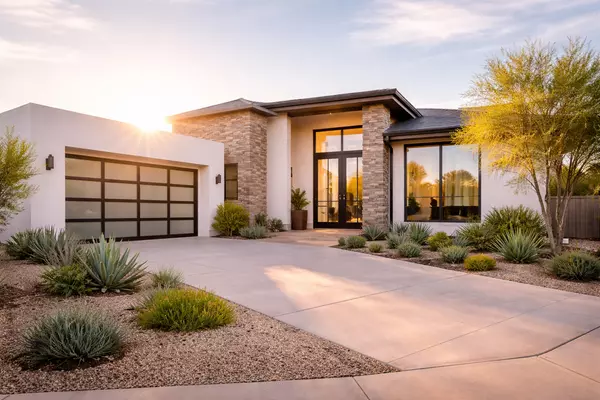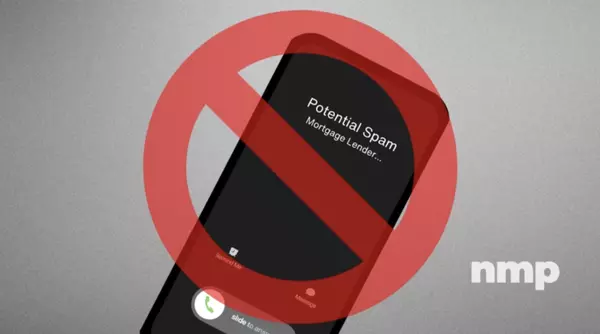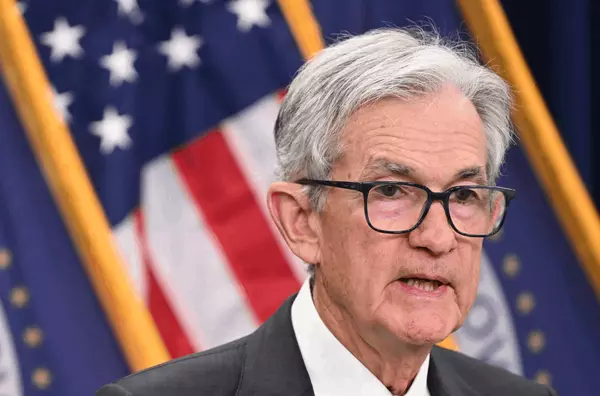When Is the Right Time to Refinance? Should You Buy Down Your Interest Rate or Wait?
When Is the Right Time to Refinance? Should You Buy Down Your Interest Rate or Wait?
Navigating the world of interest rates and refinancing can be confusing for homebuyers, especially in today’s ever-changing market. Two questions I often hear from buyers are:
- When is the right time to refinance?
- Should I buy down my interest rate when I purchase, or take a higher monthly payment and wait to refinance?
The truth is, the answer depends on your unique financial situation and priorities. In this blog, I’ll break down key factors to consider so you can feel confident about making the best decision for you.
Understanding the "Recoup Period"
One of the most important concepts when deciding whether to buy down your interest rate is the recoup period—the amount of time it takes for the monthly savings from the lower interest rate to equal the upfront cost of buying it down.
For example:
- If buying down your rate costs $5,000 upfront and saves you $200 per month, your recoup period is 25 months ($5,000 ÷ $200 = 25).
- If you plan to refinance, sell, or move before the recoup period, you might not see the financial benefit of that upfront investment.
Key Takeaway: If you don’t anticipate staying in your home or keeping the loan long enough to break even, buying down your interest rate may not make sense.
The Emotional Side: Monthly Payment Stress
While the math of the recoup period is important, there’s another crucial factor: your relationship with money and your comfort level with monthly payments.
If having a higher monthly payment creates stress or uncertainty, it may be worth investing in a lower interest rate to secure a payment you’re comfortable with from day one. Financial stress can take a toll, and the peace of mind that comes with manageable payments can often outweigh purely financial considerations.
A Creative Alternative: Saving for Flexibility
If you’re leaning toward a higher payment but still want to create a safety net, here’s a trick I’ve seen work for many buyers:
- Skip the buy-down and take the higher payment.
- Set aside the money you would have spent buying down your interest rate into a high-yield savings account.
This gives you flexibility. You can let that money earn interest while giving yourself a cushion to cover those higher payments in tougher months. Plus, you’ll have the freedom to use those funds for other priorities or emergencies if they arise.
When to Refinance
Refinancing can be a valuable tool, but timing is everything. Here are three key questions to ask yourself before refinancing:
-
What are the current interest rates? Are they significantly lower than your existing rate? A general rule of thumb is that refinancing makes sense if rates drop by at least 1%, but this varies based on your situation.
-
How long do you plan to stay in your home? Much like the recoup period for buying down your rate, refinancing comes with closing costs. Make sure you’ll stay in your home long enough to offset those costs.
-
What’s your current loan balance? Refinancing is often more beneficial earlier in your loan term when you’re still paying a higher percentage of interest.
Final Thoughts
Deciding whether to buy down your interest rate, take a higher payment, or refinance is deeply personal. It’s a balance between the numbers and your comfort level.
As a real estate professional, I’m here to help guide you through these decisions and connect you with trusted financial advisors or loan officers who can tailor solutions to your needs.
Buying a home is one of the biggest financial decisions you’ll make, and having the right information is key. If you’re thinking about purchasing or refinancing, feel free to reach out—I’d be happy to help you evaluate your options and create a plan that works for you.
Recent Posts











